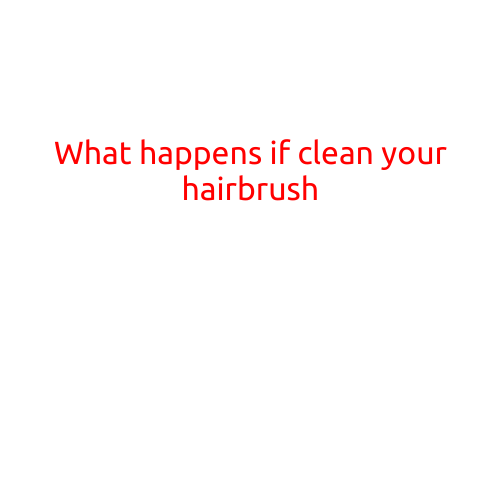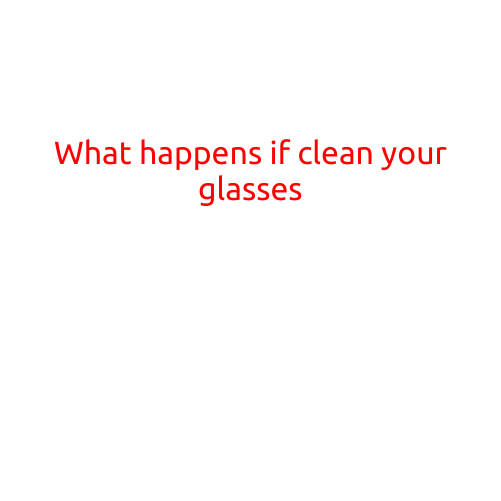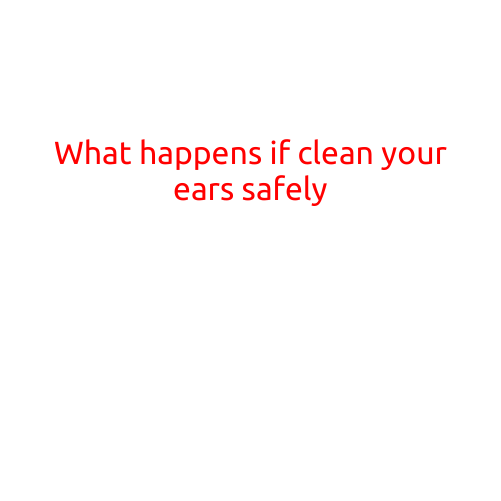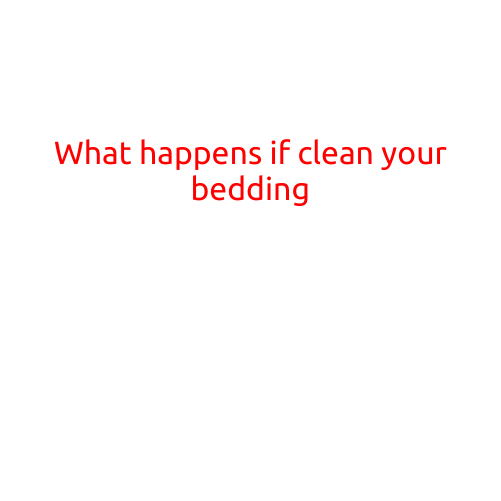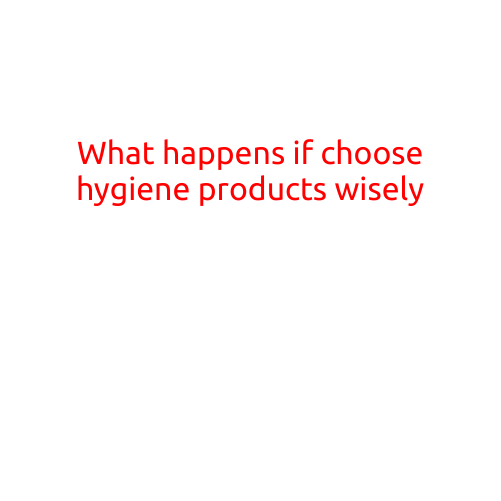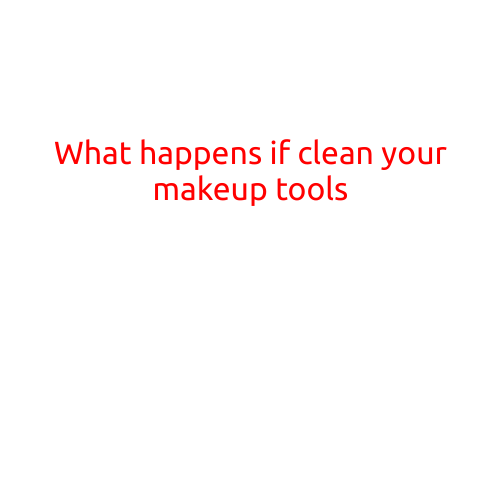
What Happens If You Clean Your Makeup Tools?
As a makeup enthusiast, you’ve probably accumulated a collection of makeup tools like brushes, sponges, and applicators over time. While it’s essential to keep your makeup tools clean to prevent bacterial buildup and ensure even application, you might be wondering what happens if you clean them too much.
In this article, we’ll explore the benefits and potential risks of cleaning your makeup tools, so you can make informed decisions about your beauty routine.
Benefits of Cleaning Your Makeup Tools
- Prevents Bacterial Growth: Makeup tools can harbor bacteria, which can cause breakouts, irritation, and infection. Cleaning your tools regularly prevents the growth of bacteria and keeps your skin safe.
- Removes Dead Skin Cells and Product Residue: Makeup tools can accumulate dead skin cells and product residue over time, affecting their performance and efficiency. Cleaning your tools removes these impurities, keeping them fresh and effective.
- Extends Tool Lifespan: Cleaning your makeup tools regularly extends their lifespan by preventing buildup and damage caused by bacteria and dirt.
- Improves Performance: Clean makeup tools apply product more evenly and smoothly, resulting in a more natural finish and better overall look.
Potential Risks of Cleaning Your Makeup Tools
- Over-Cleaning Can Strip Natural Oils: Over-cleaning your makeup tools with harsh chemicals or excessive water can strip them of their natural oils, leading to dryness, brittleness, or even damage.
- Can Damage Sensitive Materials: Some makeup tools, like natural fiber brushes or delicate applicators, can be damaged by harsh cleaning agents or excessive water, causing them to lose their shape or become brittle.
- May Remove Important Coatings or Finishes: Cleaning your makeup tools too aggressively can remove important coatings or finishes, affecting their performance or appearance.
How to Clean Your Makeup Tools Effectively
To reap the benefits of cleaning your makeup tools without risking damage, follow these simple steps:
- Use Mild Soap and Warm Water: Mix mild soap with warm water to create a gentle cleaning solution.
- Avoid Harsh Chemicals: Steer clear of harsh chemicals, abrasive cleaners, or hydrogen peroxide, which can damage your tools.
- Gently Massage and Rinse: Massage the cleaning solution onto your makeup tools, then rinse with warm water to remove dirt and bacteria.
- Shake Excess Water: Gently shake excess water from your makeup tools to prevent water spots.
- Air-Dry or Lay Flat: Allow your makeup tools to air-dry or lay them flat to prevent damage from heat or moisture.
Conclusion
Cleaning your makeup tools is essential to maintaining their effectiveness and preventing bacterial buildup. While it’s possible to over-clean or damage your tools, following simple cleaning steps and being mindful of the risks can help you achieve the benefits of cleaning without compromising the health and performance of your makeup tools.
Remember to clean your makeup tools regularly, but gently, and store them in a dry, secure place to extend their lifespan and ensure a flawless, healthy-looking complexion.
